Rights of Non-EEA Workers
Non-EEA (European Economic Area) nationals who are legally employed in Ireland are entitled to the same fundamental workplace rights as Irish and EEA nationals. These rights are enshrined in Irish employment legislation and are enforced by bodies such as the Workplace Relations Commission (WRC).
1. Equal Treatment
- Right to equal pay and equal conditions for equal work.
Protection from discrimination on grounds of race, nationality, religion, gender, civil status, age, disability, or membership of the Traveller community (under the Employment Equality Acts 1998–2015).
2. Written Terms of Employment
- Entitled to a written statement of core terms within 5 days of starting employment ("Day 5 Statement").
A full written contract with all terms and conditions must be provided within 1 month.
(Employment (Miscellaneous Provisions) Act 2018)
3. Minimum Wage
- As of 1 January 2026, the National Minimum Wage is €14.15 per hour for employees aged 20 and above.
Reduced rates apply for younger workers (aged under 20).
Piece-rate or commission-based workers must earn at least the minimum wage on average across hours worked.
4. Working Time Protections
- Maximum working week: 48 hours, averaged over a 4-month period.
Rest breaks:
15 minutes after 4.5 hours
30 minutes after 6 hours
Daily rest: 11 consecutive hours
Weekly rest: 24 consecutive hours (plus daily rest)
(Organisation of Working Time Act 1997)
5. Annual Leave and Public Holidays
- At least 4 weeks’ paid annual leave per year (pro-rated for part-time staff).
10 public holidays per year with entitlements including:
A paid day off
An additional day of annual leave
A substitute day
An additional day’s pay
6. Sick Leave
As of July 2025, employees are entitled to 5 days’ paid sick leave per year.
This is pending a government review; the planned increase to 7 days has not yet been implemented.
Leave must be medically certified and is paid at 70% of normal wages, subject to a daily cap.
7. Family Leave
- Maternity leave: 26 weeks paid statutory leave + 16 weeks unpaid optional.
Paternity leave: 2 weeks paid leave.
Parental leave: 26 weeks per eligible child (up to age 12).
Parent’s leave: 9 weeks (for children born or adopted after 1 August 2024).
Adoptive leave and other forms of family leave (e.g. force majeure, carer’s leave) are available under law.
8. Protection Against Unfair Dismissal
- Employees with at least 12 months’ continuous service are protected against unfair dismissal.
Certain dismissals are automatically unfair, e.g. those relating to pregnancy, trade union membership, or exercising statutory rights.
9. Redundancy Rights
- Entitlement to statutory redundancy pay if employed for 2 years or more and made redundant.
Notice periods vary depending on length of service (from 1 week to 8 weeks).
10. Payslips
- Right to an itemised payslip with each payment of wages, showing:
Gross pay
Deductions
Net pay
11. Deductions from Wages
- Only lawful deductions are permitted (e.g. tax, social insurance, or those agreed in writing).
12. Workplace Health and Safety
- Employers must provide a safe working environment.
Includes training, risk assessments, protective equipment, and clear health and safety procedures.
(Safety, Health and Welfare at Work Act 2005)
13. Right to Join a Trade Union
- Employees may join and be active in a trade union.
Employers are not obliged to formally recognise a union.
Victimisation for union activity is prohibited.
14. Protection from Victimisation
- Protection from retaliation in cases of:
Reporting breaches of employment law
Whistleblowing under the Protected Disclosures Act 2014
Trade union activity
15. Access to the Workplace Relations Commission (WRC)
- Employees can make complaints to the WRC for breaches of employment rights.
The WRC provides free services, including:
Mediation
Adjudication
Labour inspections
16. Transfer of Undertakings (TUPE) Protection
- If a business changes ownership or is outsourced, workers' terms and conditions must be preserved.
Terms cannot be worsened because of the transfer itself.
(European Communities (Protection of Employees on Transfer of Undertakings) Regulations 2003)
The Workplace Relations Commission (WRC), established under the Workplace Relations Act 2015, is Ireland’s statutory body responsible for handling employment and industrial relations matters. Its primary functions include promoting good workplace relations, ensuring compliance with employment legislation, and providing guidance on Codes of Practice. The WRC offers a range of services such as employment rights inspections, dispute resolution through mediation and adjudication, licensing of employment agencies and young workers, and delivering information and advisory support to both employers and employees.
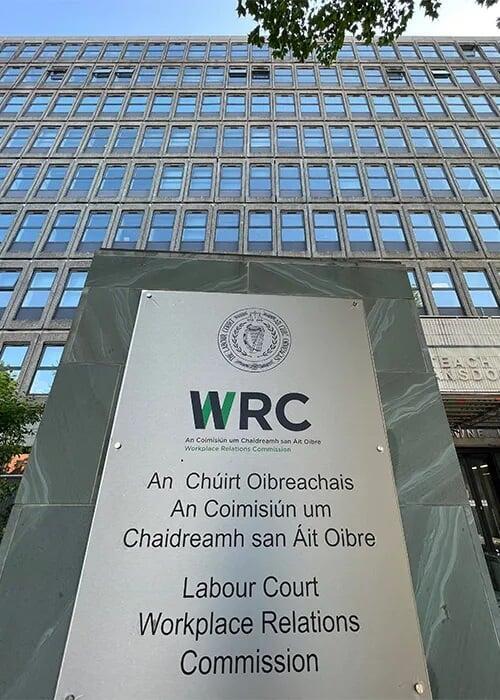
Additional Notes for
Non-EEA Workers
- Must hold a valid Employment Permit, such as:
General Employment Permit
Critical Skills Employment Permit
Intra-Company Transfer Permit
Immigration status must be lawful (typically Stamp 1 or Stamp 4).
Permits are generally linked to a specific employer—changing employer typically requires a new application or official permission.
Even if a worker is employed outside permit conditions, they may still have limited rights (e.g. to claim unpaid wages or compensation).
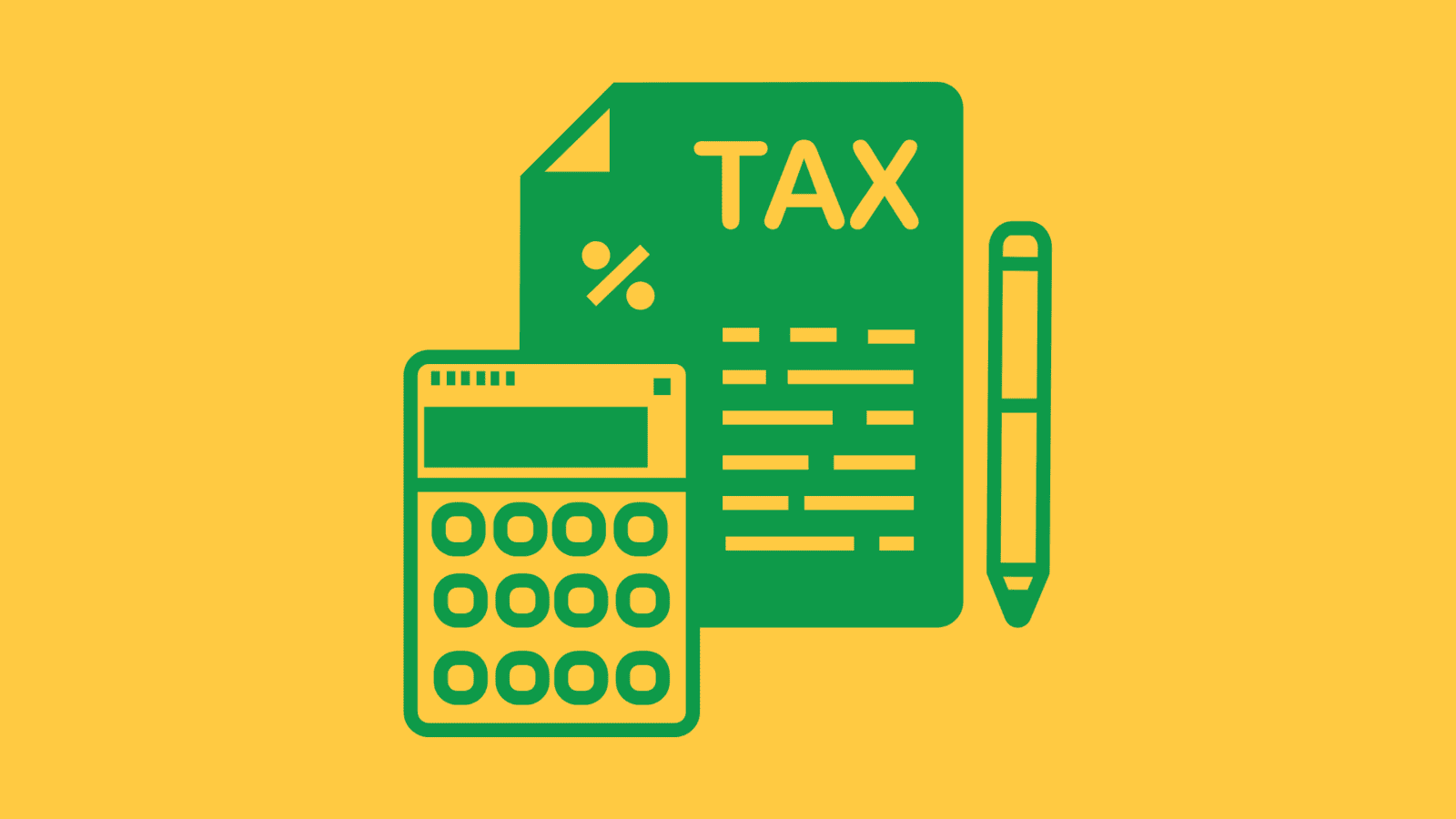
Tax Registration and PPS Number
- You must obtain a Personal Public Service (PPS) Number to work legally and access public services (e.g. tax, health, social welfare).
- You should register with Revenue and ensure your employer deducts:
- PAYE (Pay As You Earn) income tax
- PRSI (Pay-Related Social Insurance)
- USC (Universal Social Charge)
Use MyAccount on Revenue.ie to manage tax credits, view statements, and register employment.
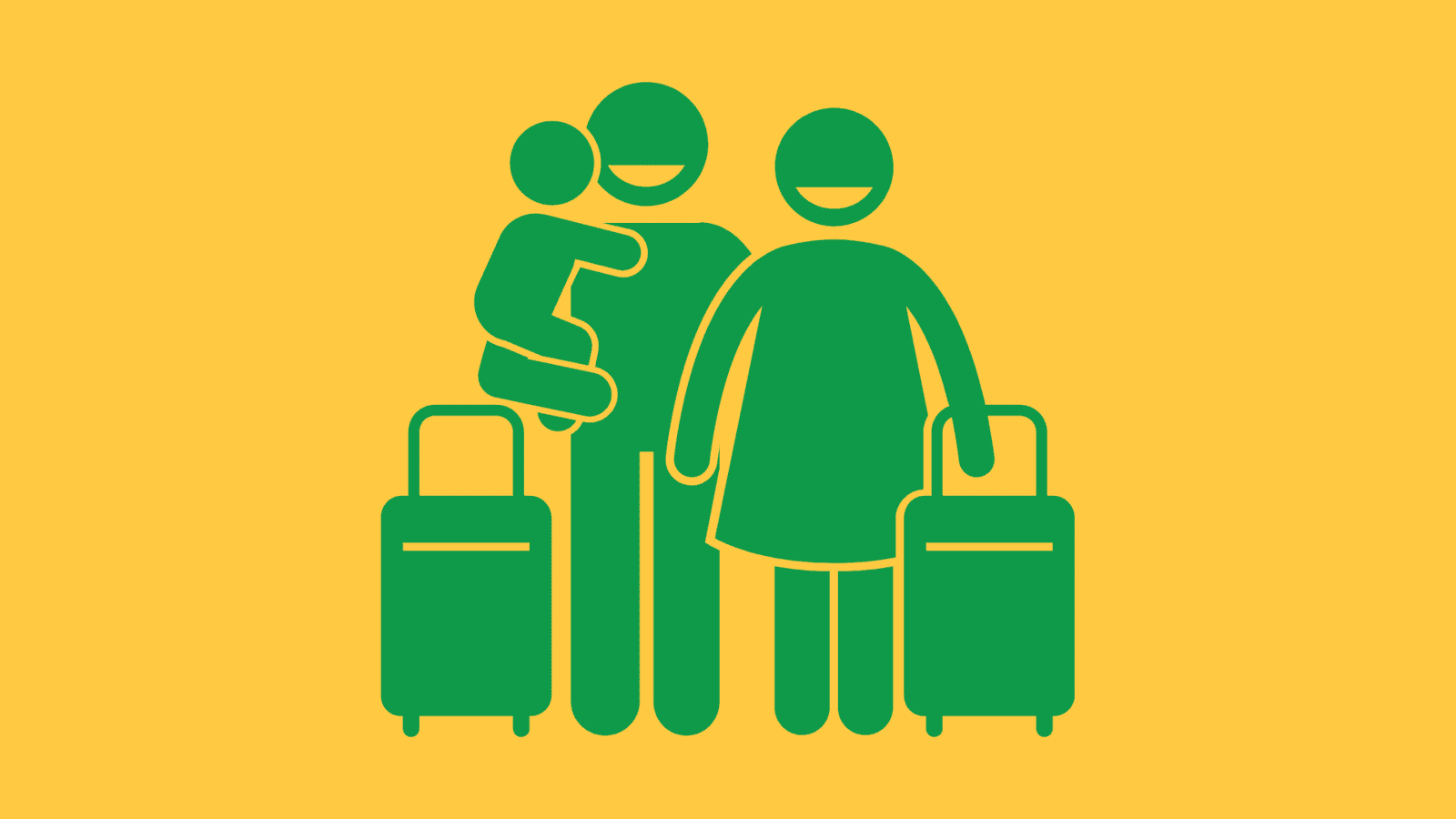
Residency Renewal & Family Reunification
- Most permits are granted for 1–2 years and must be renewed before they expire.
After a period of legal residence, you may be eligible for:
Stamp 4
Long-Term Residency
Naturalisation (Irish citizenship)
Certain permit holders (e.g. Critical Skills & General Permit holders) may sponsor family members for residence and permission to work in Ireland.

Health Services (HSE)
All residents, regardless of nationality, can access public healthcare in Ireland.
Eligibility for a medical card or GP visit card is based on income.
Emergency care is available to all, but some services may require a fee for non-EU nationals.
Apply for a GP visit card or public health entitlements through www.hse.ie.
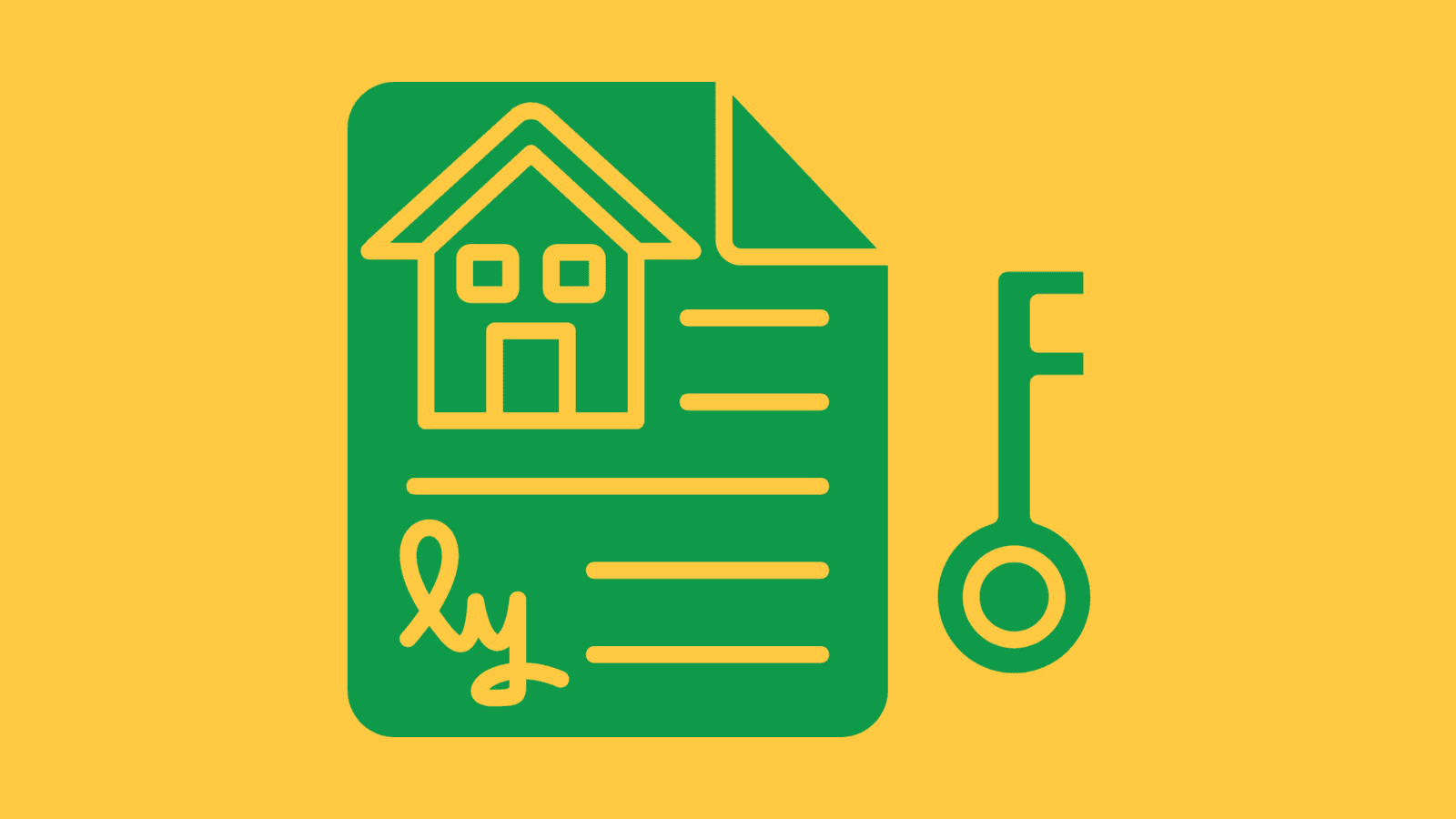
Accommodation and Tenancy Rights
- The private rental sector is the main housing route for migrant workers.
Tenants have legal rights under the Residential Tenancies Acts, including:
Right to a written tenancy agreement
Protection against illegal eviction
Entitlement to notice periods for termination
Deposit and rent disputes can be addressed through the Residential Tenancies Board (RTB).
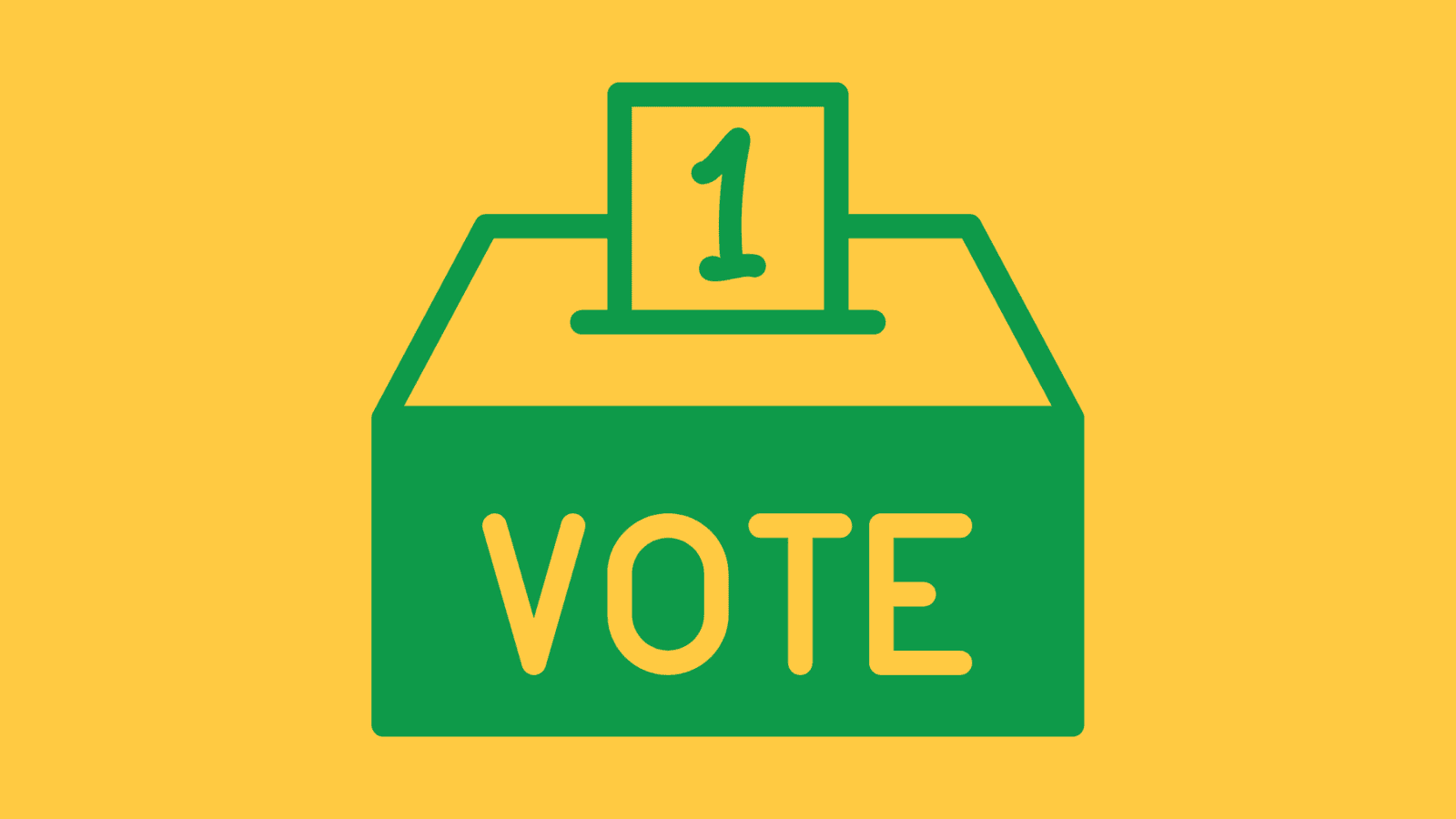
Non-EUs can Vote in Local Elections
You can vote in local (city or county council) elections in Ireland if you:
Are ordinarily resident in Ireland
Are aged 18 or over on the day of the election
Have your name on the Register of Electors
This means non-EU citizens, including those on work permits, student visas, or with refugee status.



